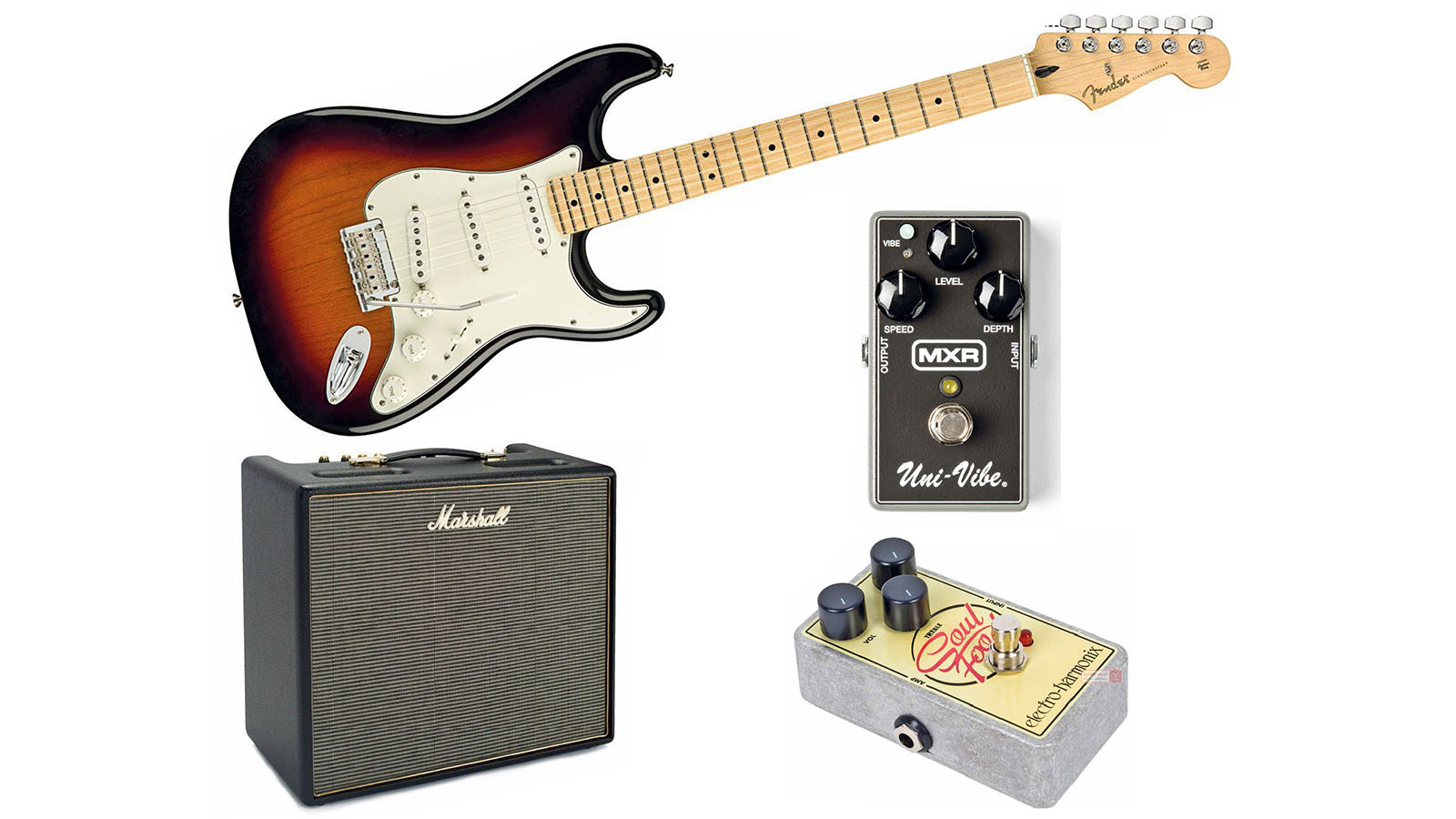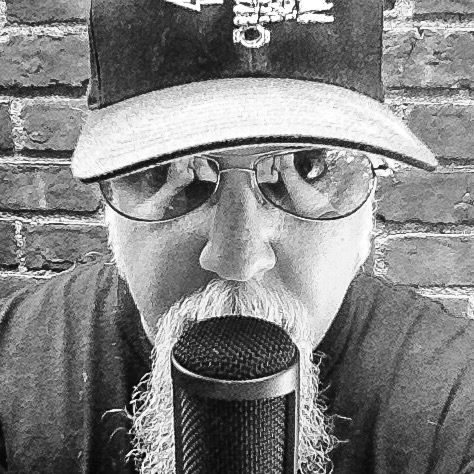The secrets behind Robin Trower's guitar tone on Bridge of Sighs
How a Uni-Vibe shaped one of the rock guitarist's most popular hits

Robin Trower’s Sophomore solo effort, 1974’s Bridge of Sighs, truly ranks among the top albums that every guitarist should hear. While the guitarist’s Jimi Hendrix influences are far from subtle - he used a Strat/Marshall/Uni-Vibe rig nearly identical to Hendrix’s and also played in a power trio format - Trower developed his own signature style by using Jimi’s tonal palette and riffs as a springboard for deeper musical exploration.
That approach is particularly evident on the album’s title cut, which remains as spooky and stunning today as it was when it first bombarded the airwaves in the mid Seventies.
Trower’s use of a Uni-Vibe pedal throughout the song is the facet that most guitarists focus upon, and certainly the song probably wouldn’t have had as much impact as it did without this effect. The Uni-Vibe delivers a wonderfully thick and chewy psychedelic tone that many players have tried and failed to duplicate.
The key lies in adjusting the amp’s tone controls after the effect is engaged instead of dialing in a desirable dry guitar tone first and expecting the Uni-Vibe to sound good when the effect is engaged.
Trower achieved his glorious Uni-Vibe tones by using the Strat’s middle pickup, cranking up the amp’s midrange and cutting the treble and bass. A custom boost/preamp pedal placed in front of the Uni-Vibe also helped thicken the tone by hitting its input with a stronger signal than you’d normally expect.

The swirling Uni-Vibe’s trippy ambience is enhanced by copious amounts of natural room reverb provided by Studio 1 at AIR Studios in London where the song was recorded. Engineer Geoff Emerick placed mics in various parts of the room to capture this sound, and the band played most of the parts live.
One exception to this is the oft-overlooked overdubbed delay riff toward the end of the song. Trower likely used a Maestro Echoplex EP-3 to achieve this effect. To further thicken and enhance Trower’s deep, rich tones, Emerick recorded the guitar parts with generous compression courtesy of the studio’s Neve 2254 compressors.
Get The Pick Newsletter
All the latest guitar news, interviews, lessons, reviews, deals and more, direct to your inbox!
TONE TIP: Employ the Marshall’s gain control sparingly and crank up the master volume instead to achieve just a hint of overdrive. Place the Soul Food in front of the Uni-Vibe pedal and hit its front end with a generous amount of clean boost.
Get the sound, cheap!

- Fender Player Stratocaster Maple
- Marshall Origin 50C
- Electro-Harmonix Soul Food
- MXR M68 Uni-Vibe
Original gear
GUITAR: 1973 Fender Stratocaster with maple neck (middle pickup), Volume: 10, Bridge/Middle Tone: 10
AMP: c. 1973-74 Marshall Model 1959 Super Lead 100-watt head (Presence: 0, Bass: 2, Middle: 8, Treble: 2, Volume I: 7, Input I top) into Marshall Model 1982 4x12 cabinet with Celestion G12H speakers
EFFECTS: Custom boost/preamp pedal, 1970s Shin-Ei Uni-Vibe (Chorus setting, Volume: 10, Intensity: 7, Speed: 3), MaestroEchoplex EP-3
STRINGS/TUNING: Ernie Ball Regular Slinky .010, .012, .014, .020, .032, .042/Standard
PICK/SLIDE: Ernie Ball medium
Chris is the co-author of Eruption - Conversations with Eddie Van Halen. He is a 40-year music industry veteran who started at Boardwalk Entertainment (Joan Jett, Night Ranger) and Roland US before becoming a guitar journalist in 1991. He has interviewed more than 600 artists, written more than 1,400 product reviews and contributed to Jeff Beck’s Beck 01: Hot Rods and Rock & Roll and Eric Clapton’s Six String Stories.
“His songs are timeless, you can’t tell if they were written in the 1400s or now”: Michael Hurley, guitarist and singer/songwriter known as the ‘Godfather of freak folk,’ dies at 83
“The future is pretty bright”: Norman's Rare Guitars has unearthed another future blues great – and the 15-year-old guitar star has already jammed with Michael Lemmo











